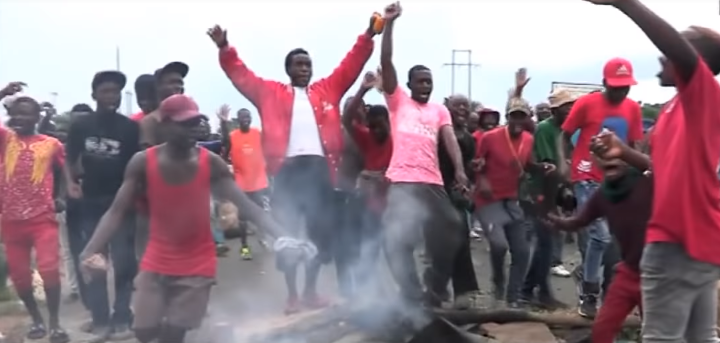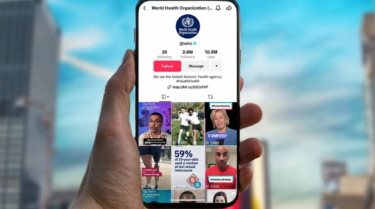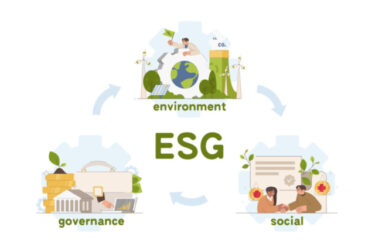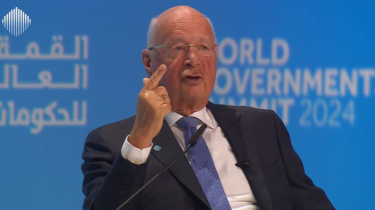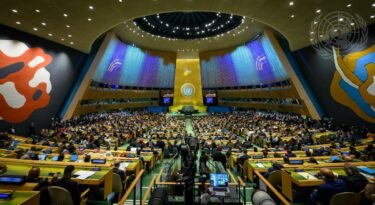When Zimbabwe’s President Emmerson Mnangagwa announced a 150% hike in gas prices on Saturday, citizens revolted in the streets. In response, the government crackdown blocked internet access, but then reinstated it with a complete social media blackout.
“State security minister Owen Ncube on Tuesday morning ordered telecoms companies to shut down ‘internet services and related applications such as WhatsApp, Twitter etc.,'” according to a report by New Zimbabwe.
Read More: What’s up with blocking WhatsApp? Information control in Brazil, Turkey & Zimbabwe
Zimbabwe’s largest mobile operater Econet confirmed on Wednesday that it had cut off internet services following a government order.
“African governments too often use internet disruptions as a tool to stifle the free flow of news and commentary”
Econet issued the following statement, saying that it was obligated under pain of imprisonment if it didn’t comply:
Further to a written warrant issued by the Minister of State in the Office of the President and Cabinet, through the Director General Of The President’s Dept. responsible for National Security, acting in terms of Section 6, of the Interception of Communications Act, Internet Services and related applications such as WhatsApp, Twitter etc., are currently suspended across all telecommunications networks, and Internet Service Providers.
As an organization we are obliged to act when directed to do so in terms of the law. All inconvenience caused as a result of this action is sincerely regretted. We urge others to respect that this is a matter beyond our control.
Failure to comply would result in 3 years imprisonment for members of local management in terms of section 6:2 (b)
A service provider who fails to give assistance in terms of this section shall be guilty of an offence and liable to a fine not exceeding level twelve or to imprisonment for a period not exceeding three years or to both such fine and such imprisonment.
“All this was in a bid to stop the flow of information during the labour protests that were called on Monday through to today (Wednesday),” reported TechZim.
“Shutdowns disrupt the free flow of information and create a cover of darkness that shields human rights abuses from public scrutiny”
Amid the clashes between protesters, innocent bystanders, and the government, the Zimbabwe Association of Doctors for Human Rights said late Wednesday it had treated 68 cases of gunshot wounds and 100-plus other cases of “assaults with sharp objects, booted feet, baton sticks” and more. It noted bites from the alleged unleashing of police dogs, and the “dragging of patients with life-threatening conditions” to court, according to AP.
Scores have been beaten and arrested in Zimbabwe as protests erupt following a 150% fuel price hike. pic.twitter.com/Lj7Z2dPMuk
— Al Jazeera English (@AJEnglish) January 17, 2019
Internet in Zimbabwe was restored yesterday; however, social media channels are still censored.
“Dear valued customer, Please be advised that the internet is back online under a directive that the Facebook, YouTube, Whats App, Twitter will remain closed until further notice. Any inconvenience is sincerely regretted,” read an Econet statement.
Read More: Digital Colonialism: Facebook’s agenda to limit connectivity in developing countries
In 2017, WhatsApp alone accounted for nearly half of all internet traffic in Zimbabwe, and is instrumental in evading state control.
“Internet shutdowns and violence go hand in hand”
Saturday’s fuel hike “meant that petrol prices rose from $1.24 a liter to $3.31, and diesel went up from $1.36 a liter to $3.11,” CNN reported. Zimbabwe now has the most expensive gas prices in the world in a country that is 80% unemployed.
Since Monday eight people have been killed, including a police officer who was stoned to death, and over 600 people were arrested for taking part in what has been reported as “the most violent public unrest since the 1998 food riots.”
Soliders assault #DailyNews staff https://t.co/IDoADd9eoR #Zimbabwe pic.twitter.com/qAOjICMlMr
— DailyNews (@DailyNewsZim) January 17, 2019
Prior to the 150% increase in fuel prices, Zimbabwe was already suffering a fuel shortage with people sleeping in queues and the military with AK-47s patrolling the bread lines.
The Committee to Protect Journalists (CPJ) issued a letter on Wednesday urging the government to restore internet and social media services.
“The government in Zimbabwe should take action to ensure a free and open media environment, which means swiftly reestablishing internet and social media access,” said CPJ Africa Program Coordinator Angela Quintal.
“African governments too often use internet disruptions as a tool to stifle the free flow of news and commentary,” she added.
“Internet shutdowns must never be allowed to become the new normal”
According to the CPJ, “Shutdowns disrupt the free flow of information and create a cover of darkness that shields human rights abuses from public scrutiny. Journalists and media workers cannot contact sources, gather information, or file stories without digital communications tools.
“Justified for various reasons, shutdowns cut off access to vital information, e-commerce, and emergency services, plunging whole communities into fear. Disruptions also destabilize the internet’s power to support small business livelihoods and to drive economic development.
“The technical means used to block access to information online often dangerously undermine the stability and resiliency of the internet. Internet shutdowns must never be allowed to become the new normal. The current economic crisis in Zimbabwe will be further exacerbated by internet shutdowns.
“We estimate the shutdown will cost your country $5,742, 421 per day in direct economic costs, and will slow the realization of economic, social, and cultural rights broadly.”
On Thursday, Bloomberg reported that “Zimbabwean lawyers and a rights group are going to court to challenge the government’s shutdown of the internet, which has yet to be fully restored after this week’s nationwide strike.”



